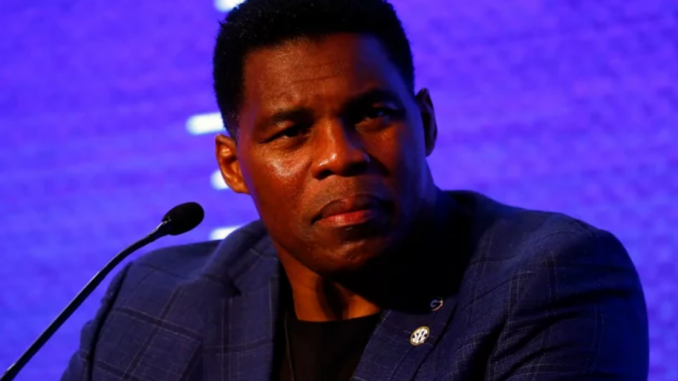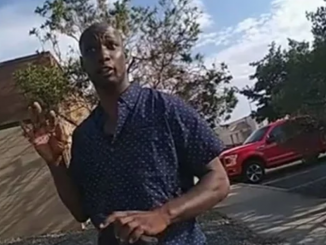
Former NFL player Herschel Walker last Wednesday said that Black Americans should not receive reparations for slavery during a congressional hearing on the issue.
The virtual hearing was being held for House Resolution 40, sponsored by Democratic Rep. Sheila Jackson Lee of Texas, which would create a commission to study reparation proposals.
Walker, a standout athlete at the University of Georgia who won the Heisman Trophy in 1982 before launching a longtime professional football career, said that reparations could force Black Americans to use genetics companies to determine payouts based on their ancestry and while also claiming that some Black Americans had involvement in the slave trade.
“We use Black power to create white guilt,” he argued. “My approach is biblical…how can I ask my Heavenly Father to forgive me if I can’t forgive my brother? America is the greatest country in the world for me, a melting pot of a lot of great races, a lot of great minds that have come together with different ideas to make Americans the greatest country on Earth.”
He added: “Many have died trying to get into America. No one is dying trying to get out.”
Walker, a longtime friend of former President Donald Trump and a featured speaker at the 2020 Republican National Convention, then launched into the practicality of making reparation payments.
“Reparations, where does the money come from?,” he asked the House Judiciary Committee subcommittee. “Does it come from all the other races except the Black taxpayers? Who is Black? What percentage of Black must you be to receive reparations? Do you go to 23andMe or a DNA test to determine the percentage of blackness? Some Black immigrants weren’t here during slavery, nor their ancestors. Some states didn’t even have slavery.”
He added: “Reparations teach separation. Slavery ended over 130 years ago. How can a father ask his son to spend prison time for a crime he committed? I feel it continues to let us know we’re still African American, rather than just American. Reparation or atonement is outside the teaching of Jesus Christ.”
Reparations have been part of the national dialogue for years, with supporters arguing that the United States has never atoned for the forced labor of slavery and lands taken away from Black Americans over the course of generations.
The author Ta-Nehisi Coates explored the idea in “The Case for Reparations,” his 2014 article for The Atlantic, which urged the country to confront its past.
“An America that asks what it owes its most vulnerable citizens is improved and humane,” he wrote. “An America that looks away is ignoring not just the sins of the past but the sins of the present and the certain sins of the future. More important than any single check cut to any African American, the payment of reparations would represent America’s maturation out of the childhood myth of its innocence into a wisdom worthy of its founders.”
The issue became a focal line of questioning for Democratic candidates as they started to enter into the 2020 presidential race, especially with Black Americans serving as a bedrock of the party.
After the killing of George Floyd in Minneapolis last year, which launched a wave of racial and social justice reckonings across the country, the issue became even more prominent during a summer when the Black Lives Matter movement and other racial equity movements reached a societal apex.
The Review of Black Political Economy estimated that a reparations package that sufficiently addresses past injustices would cost roughly $12 trillion and give each descendant of slavery $254,782.
Democratic House Judiciary Committee Chairman Jerry Nadler of New York said that there’s a possibility that reparations might not involve financial payments, but argued that the proposal “sets forth a process by which a diverse group of experts and stakeholders can study the complex issues involved and make recommendations.”
“The discussion of reparations is a journey in which the road traveled is almost more important than the exact destination,” he added.
The White House said last week that President Joe Biden would back a study of the issue.
“He certainly would support a study of reparations,” said White House press secretary Jen Psaki. “He understands we don’t need a study to take action right now on systemic racism, so he wants to take actions within his own government in the meantime.”
*story by Business Insider


